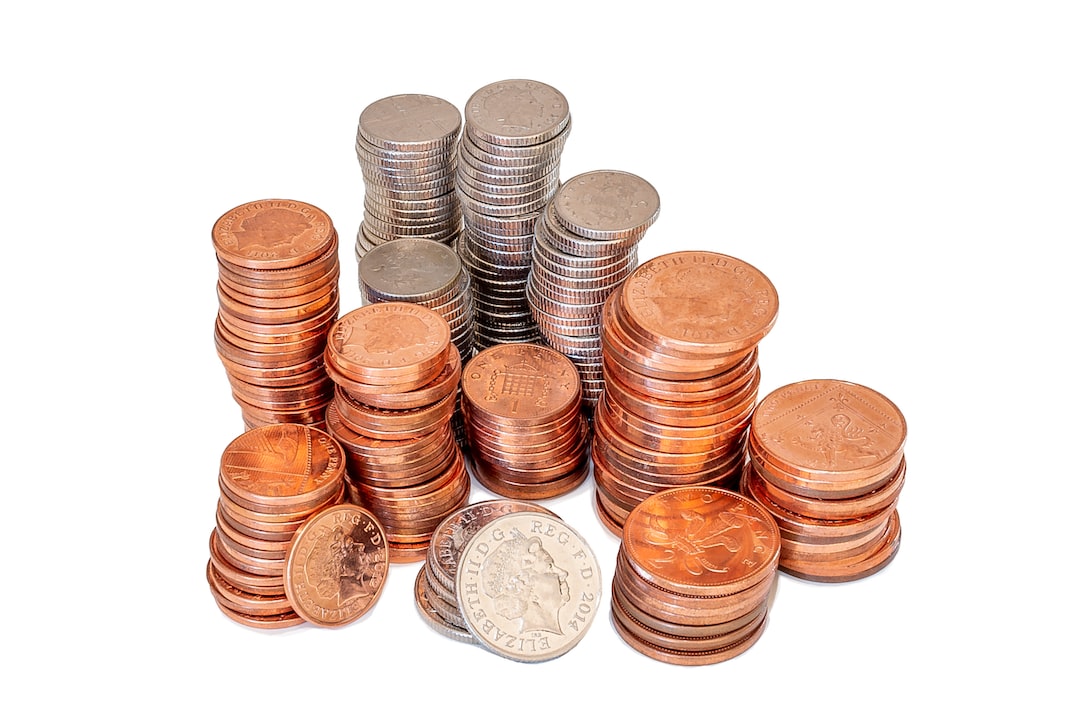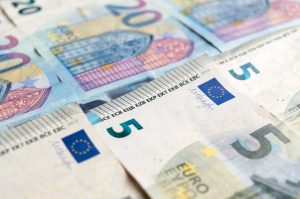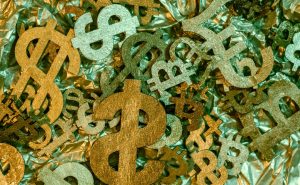Forex, or foreign exchange trading, is the act of buying and selling currencies from around the world. It is a popular investment opportunity for individuals looking to make a profit from changes in exchange rates. However, like any other form of investment, forex trading comes with tax implications.
The tax on forex income varies depending on several factors, including the location of the trader, the type of account they have, and the amount of profit they make. In this article, we will explore how much tax forex traders can expect to pay.
Location
The location of a forex trader plays a significant role in determining the amount of tax they pay on their forex income. Different countries have different tax laws and rates, which can affect the amount of money a trader owes to the government.
In the United States, forex traders are required to pay taxes on their profits. The tax rate varies depending on the trader’s income level and can range from 10% to 37%. Traders are also required to pay self-employment taxes, which can add up to an additional 15.3% of their income.
In the United Kingdom, forex trading is considered gambling, and profits are not subject to capital gains tax. However, if a trader’s forex income is their primary source of income, they may be subject to income tax.
Type of Account
The type of account a forex trader has can also affect the amount of tax they pay on their income. There are two main types of forex trading accounts: a standard account and a spread betting account.
A standard account is subject to capital gains tax, while a spread betting account is not. Spread betting is considered gambling in the UK and is not subject to tax. However, spread betting is not available in the US, so US traders must use a standard account and pay capital gains tax on their profits.
Profit
The amount of profit a forex trader makes can also affect the amount of tax they pay. In the UK, for example, the first £12,300 of income is tax-free. If a trader’s forex income falls below this threshold, they will not be required to pay any tax on their profits.
In the US, the tax rate on forex income is based on the trader’s income level. Traders who make less than $40,000 per year may be subject to a lower tax rate than those who make over $200,000 per year.
Conclusion
In conclusion, the amount of tax forex traders pay on their income depends on several factors, including their location, the type of account they have, and the amount of profit they make. Traders in the US and UK are subject to different tax laws and rates, and the type of account they have can affect their tax liability.
It is important for forex traders to understand the tax implications of their trading activity and to keep accurate records of their profits and losses. Failure to do so can result in penalties and fines from government agencies. By staying informed and complying with tax laws, forex traders can enjoy the benefits of their investment while minimizing their tax liability.





